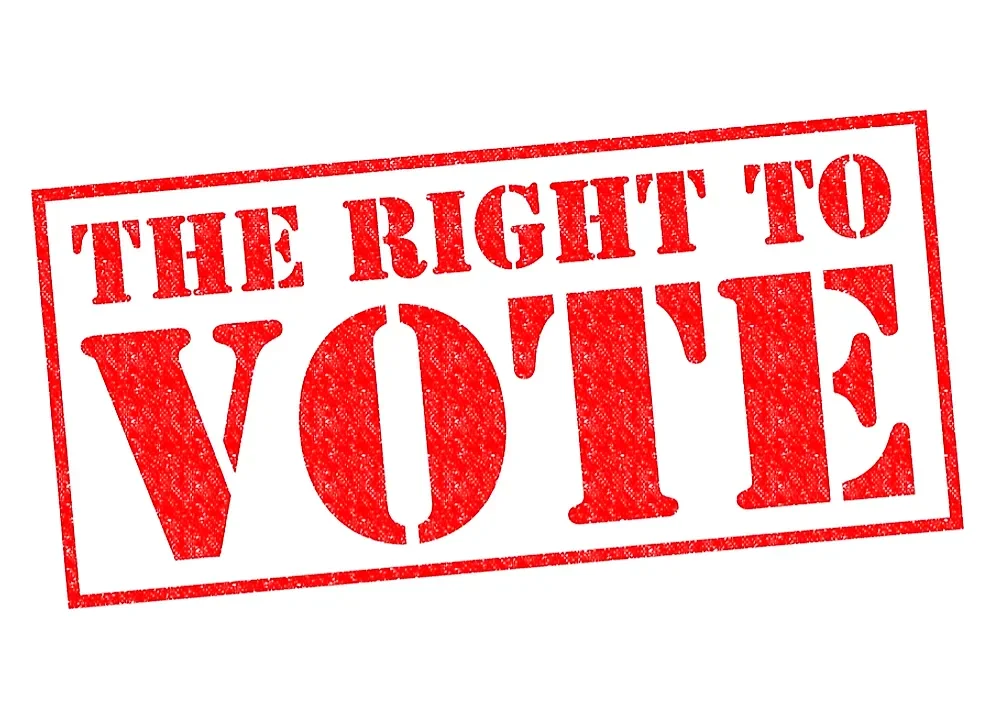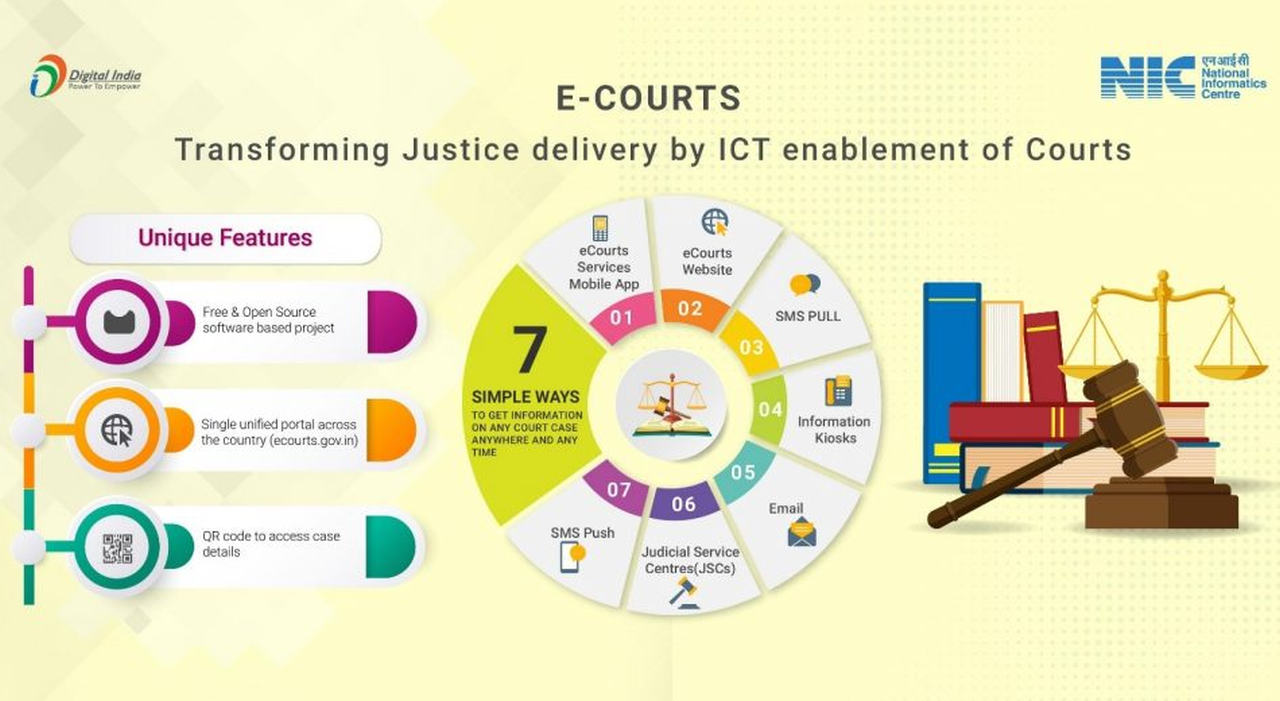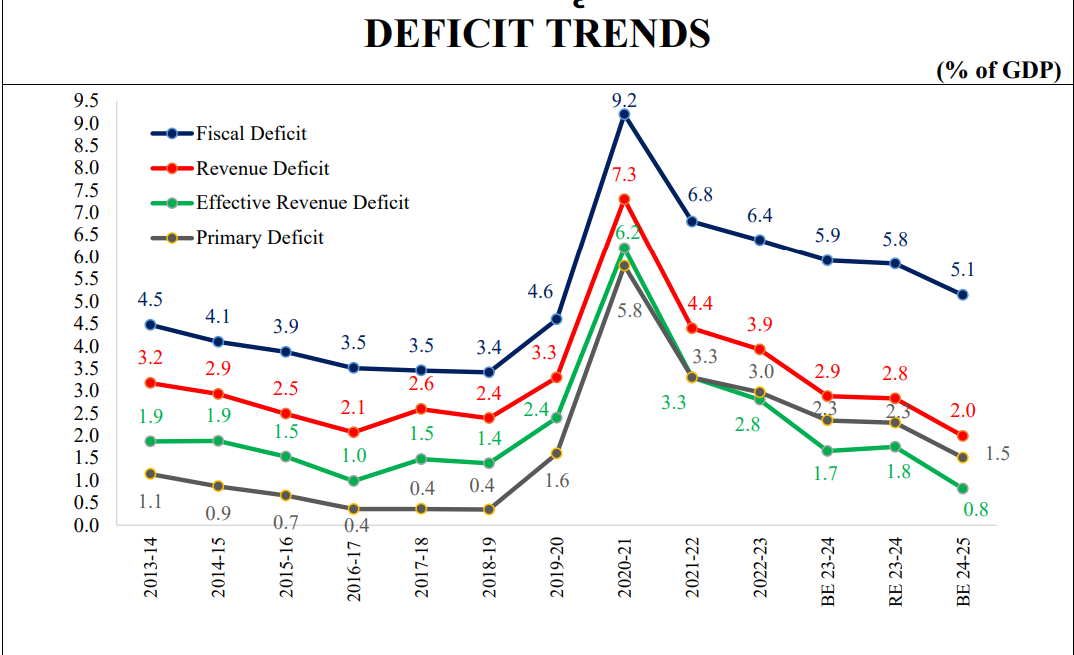
Remission in India
Subscribers of "Current Affairs" course can Download Daily Current Affairs in PDF/DOC
Subscribe to Never Miss an Important Update! Assured Discounts on New Products!
Must Join PMF IAS Telegram Channel & PMF IAS History Telegram Channel
- Context (TH): The SC quashed the Gujarat government’s move to grant remission to Bilkis Bano case convicts.
SC’s Observations
- The government of the state where the offender was sentenced is the appropriate government to grant remission.
- The court said that the opinion of the presiding trial judge should be mandatorily sought.
- The state should confirm compliance with Section 433A of the Code, as only a life convict who had served 14 years of prison could seek remission.
Bilkis Bano Remission Case
- Bilkis Bano is a gang rape survivor of the 2002 Gujarat riots.
- The SC transferred the investigation to the CBI and the case to Mumbai for free and fair trial.
- Eleven men were convicted by the special CBI court and sentenced to life. Bombay HC confirmed their life terms in 2017.
- In March 2022, one of the convicts approached the SC seeking a remission of his sentence.
- He claimed that the Gujarat State Government was obliged to consider his early release as per the state’s 1992 remission policy.
- The State of Gujarat opposed the petition, claiming the Bombay HC convicted him. Hence, the Maharashtra government should make any decisions regarding remission.
- He then approached the Home Department of the Maharashtra government, which referred the matter to the CBI (Prosecuting agency in Bilkis Bano case).
- CBI replied that he should “serve his sentence fully” and did not deserve leniency.
- In May 2022, SC directed Gujarat government to consider his remission application per 1992 policy.
- On August 15, 2022, the Gujarat government accepted the remission applications for all 11 convicts.
- The Gujarat government stated they were granted early release per the 1992 policy, citing convicts’ ‘good conduct’ while imprisoned.
- Bilkis Bano and others challenged the Gujarat government’s decision. They claim that:
- Each application must be considered separately instead of releasing all 11 convicts ‘en masse’.
- The Gujarat government should have consulted the GoI before remitting the convicts’ sentences as they were convicted by a CBI Special Court, which is a central agency.
- The crimes were so heinous that no ‘right-thinking’ public authority could grant remission.
- Bilkis had filed her petition under Article 32 of IC to enforce her fundamental rights under:
- Article 21 of IC: Guarantees Right to life and liberty.
- Article 14 of IC: Guarantees Right to equality and equal protection of the law.
Gujarat’s Remission Policy and Its Applicability
- The 1992 remission policy allowed prisoners who had served at least 14 years to apply for early release.
- The policy empowered the state to consider the remaining sentence based on conduct, subject to verification.
- The SC invalidated the 1992 policy in 2012.
- The court ruled that remission under Section 432 of the CrPC requires obtaining the judge’s opinion and reasons from the convicting court, allowing only case-specific decisions.
- In response, Gujarat crafted a new policy in 2014, introducing exclusions for some crimes.
- Radheshyam Shah sought remission under the 1992 policy, which did not have post-2014 exclusions.
- In State of Haryana v Jagdish (2010), the SC confirmed that the policy in force at the time of conviction is the one that should be considered for remission.
- The SC said that any new policy replacing an outdated policy could not have retrospective application.
- Gujarat Government’s Argument: The 1992 policy was applicable as the conviction occurred in 2008 before the 2014 policy with stricter guidelines was formulated.
What is Remission?
- “Remission” refers to reducing a sentence or punishment imposed on an individual.
- The power of remission is vested in the executive branch (President /Governor).
- Remission is distinct from both furlough and parole.
SC on Remission
Kehar Singh vs. Union of India (1989)
- Courts cannot deny a prisoner the benefit of being considered for remission of sentence.
- Denial of remission is against reformation principles and pushes the convict into a dark hole.
State of Haryana vs. Mahender Singh (2007)
- No convict has a fundamental right of remission.
- The State, in the exercise of its executive power of remission, must consider each case.
- The right to be considered for remission must be a legal right, keeping in view the constitutional safeguards for a convict under Articles 20 and 21 of the IC.
Grounds for remission
- The SC has held that states cannot arbitrarily exercise this power and must follow due process.
- While the policy varies from state to state, the grounds for remission considered by the Sentence Review Board are the same.
- The factors to be considered while deciding on granting remission are
- The seriousness of the crime,
- The status of the co-accused, and
- The conduct in jail.
- In ‘Laxman Naskar v. Union of India’ (2000), the SC laid down five grounds on which remission is considered:
- Whether the offence is an individual act of crime that does not affect the society;
- Whether there is a chance of the crime being repeated in future;
- Whether the convict has lost the potentiality to commit a crime;
- Whether any purpose is being served in keeping the convict in prison and the Socioeconomic conditions of the convict’s family.
Remission Under IC
|
Art 72 of IC |
Art 161 of IC |
|
|
|
|
Grasping Key Terms
|
S.No |
Terms |
Meaning |
| 1. | Pardon |
|
| 2. | Commutation |
|
| 3. | Remission |
|
| 4. | Respite |
|
| 5. | Reprieve |
|
| 6. | Suspend |
|
Remission under Statutory Laws
Remission under CrPC
- State governments, too, can remit sentences under Section 432 of the Code of Criminal Procedure (CrPC) because prison is a State Subject.
- Section 432(7) of the CrPC says the appropriate government will be “the State within which the offender is sentenced or the said order is passed”.
- Section 433A of the CrPC restricts these powers of remission.
- A person shall not be released from prison unless he has served at least fourteen years of imprisonment in the following cases-
- Where a sentence of imprisonment for life is imposed on conviction of a person for an offence for which death is one of the punishments provided by law.
- Where a sentence of death imposed on a person has been commuted under Section 433 into one of imprisonment for life.
- A person shall not be released from prison unless he has served at least fourteen years of imprisonment in the following cases-
- Under Section 435 of the CrPC, consultation with the central government is mandatory before remission in a case investigated by the CBI.
- The SC has also ruled that ‘consultation’ means ‘concurrence’.
Remission under Prison Laws and Jail Manuals
- The remission system has been defined under the Prison Act of 1894.
- Jail manuals contain rules that allow certain days of remission every month for convicts’ good behaviour.
- For Convicts serving fixed sentences, the remission days are accounted for while releasing the convict.
Latest MHA Guidelines
- Special Remission Guidelines were announced to commemorate the 75th year of Independence
- Prisoners Eligible for Special Remission:
- Women and transgender convicts (aged 50+)
- Male convicts (aged 60+), having completed 50% of their sentence.
- Physically challenged convicts with 70% + disability, having completed 50% of their sentence.
- Terminally ill convicts who have completed 66% of their sentence.
- Poor prisoners detained due to non-payment of fines.
- Young offenders aged (18-21) with no other criminal involvement, having completed 50% of their sentence.
- Prisoners Excluded:
- Convicts with death sentences or life imprisonment.
- Convicts involved in terrorist activities or convicted under specific acts like TADA, POTA, UAPA, etc.
- Convicts of offences like dowry death, counterfeiting, rape, human trafficking, POCSO Act violations, etc.
- Prisoners Eligible for Special Remission:
Famous Remission Cases in India
Rajiv Gandhi Assassination Case (1991)
- In 2018, the TN government recommended to the Governor the release of A.G. Perarivalan, one of the convicts in the Rajiv Gandhi assassination case, on the grounds of good behaviour.
Assassination of Punjab Chief Minister Beant Singh (1995)
- In 2014, Punjab government decided to release some of the convicts involved in the assassination of Chief Minister Beant Singh on the grounds of good behaviour; this sparked debate about justice and the rights of victims’ families.
Jessica Lal Murder Case (1999)
- In the Jessica Lal murder case, Manu Sharma was sentenced to life imprisonment.
- In 2011, the Delhi government recommended Sharma’s premature release, citing good conduct.
- However, this decision was overturned, and Sharma’s release was rejected.
Life Imprisonment and Remission
- Life imprisonment typically means convicts remain in jail for the whole of their life.
- However, they can be released by the State and Central governments at some point, but not before they complete 14 years, by remitting the remaining prison term.
- The CrPC does not govern the Governor’s powers of remission under Article 161 of the IC and is often used to bypass the minimum 14 years of actual imprisonment requirement in the CrPC.
Arguments For Remission
- Rehabilitation and Reintegration: Granting of remission is acknowledging a positive change in an individual convicted of a crime. This fosters the idea of rehabilitation and reintegration into society.
- Humanitarian reformation approach: Remission is grounded in humanitarian considerations such as old age, health conditions and other compassionate reasons.
- Prevents overcrowding in prisons: Remission alleviates the issue of overcrowding in prisons, leading to better living conditions for prisoners and improved management of correctional facilities.
- Development of Good Behavior of the Prisoners: The possibility of remission incentivises prisoners to exhibit good behaviour, follow prison rules, and actively engage in rehabilitation programs.
- Improvement of Efficiency of the Judicial and Correctional System: It allows authorities to focus on cases where incarceration is necessary while releasing individuals who don’t pose a threat.
- Cost Savings: It results in cost savings associated with the maintenance and management of prisons.
Arguments Against Remission
- Concerns About Public Safety: The focus on rehabilitation and good behaviour might not address the risk to public safety associated with certain offenders involved in crimes.
- Controversial Cases and Public Outcry: Remission, especially in high-profile or controversial cases, can lead to public outcry.
- Inconsistency in Application: The discretionary nature of remission may lead to inconsistency in its application. Similar cases with similar circumstances might be treated differently, raising questions about fairness and equality before the law.
- Potential for Political Influence: There is a risk of political interference in the decision-making process. This could compromise the principles of justice and the integrity of the legal system.
- Undermines Deterrence: Availability of remission may undermine the deterrent effect of criminal penalties.
- Victim and Survivor Concerns: The concerns of victims or their survivors may be overlooked.
- Lack of Transparency: The decision-making process for remission is not always transparent, leading to scepticism about the criteria authorities consider.




![PMF IAS Environment for UPSC 2022-23 [paperback] PMF IAS [Nov 30, 2021]…](https://pmfias.b-cdn.net/wp-content/uploads/2024/04/pmfiasenvironmentforupsc2022-23paperbackpmfiasnov302021.jpg)











